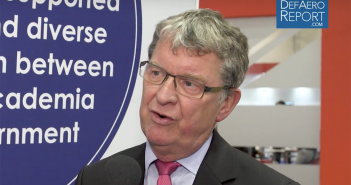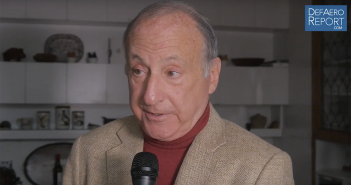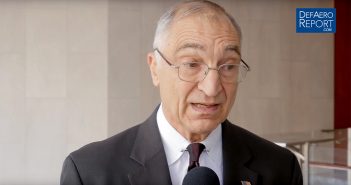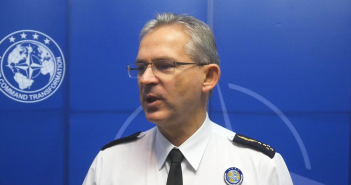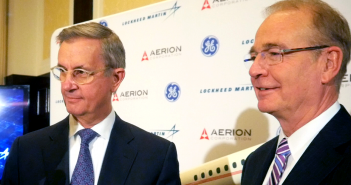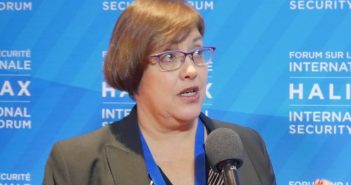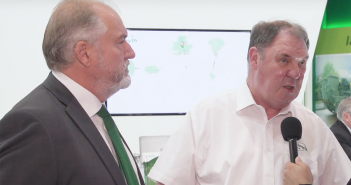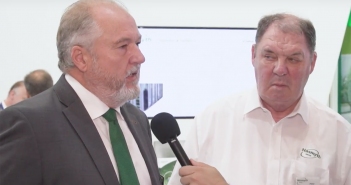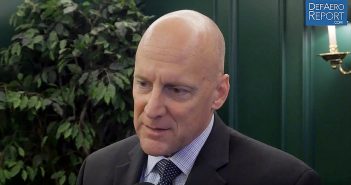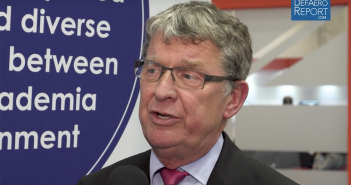
UKDSC’s Burridge on Outlook for UK Defense Competitiveness, Innovation Under Brexit
Air Chief Marshal Sir Brian Burridge, RAF Ret., chairman of the UK Defence Solutions Centre (also known as UKDSC), discusses the challenge of maintaining British defense’s competitive edge under Brexit, the outlook for innovation, and more during Part 2 of September 2017 interview with Defense & Aerospace Report Editor Vago Muradian during the 2017 Defence and Security Equipment International conference and trade show in London. Our coverage was in partnership with DSEI and Clarion Events.

